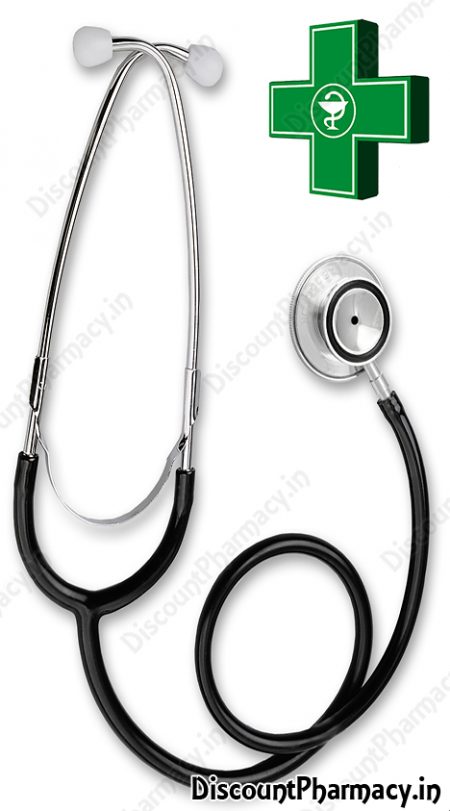A disease is a particular abnormal condition, a disorder of a structure or function, that affects part or all of an organism.
The causal study of disease is called pathology. Disease is often construed as a medical condition associated with specific symptoms and signs. It may be caused by factors originally from an external source, such as infectious disease, or it may be caused by internal dysfunctions, such as autoimmune diseases. Diseases usually affect people not only physically, but also emotionally, as contracting and living with a disease can alter one’s perspective on life, and one’s personality.
The term disease broadly refers to any condition that impairs the normal functioning of the body. For this reason, diseases are associated with dysfunctioning of the body’s normal homeostatic process.
Commonly, the term disease is used to refer specifically to infectious diseases, which are clinically evident diseases that result from the presence of pathogenic microbial agents, including viruses, bacteria, fungi, protozoa, multicellular organisms, and aberrant proteins known as prions. An infection that does not and will not produce clinically evident impairment of normal functioning, such as the presence of the normal bacteria and yeasts in the gut, or of a passenger virus, is not considered a disease. By contrast, an infection that is asymptomatic during its incubation period, but expected to produce symptoms later, is usually considered a disease. Non-infectious diseases are all other diseases, including most forms of cancer, heart disease, and genetic disease.
- chronic disease – disease that is a long term issue
- incurable disease – disease that cannot be cured, also known as pathological disease
- terminal disease – disease with death as an inevitable result of it
Below is a list of the most common diseases, conditions and symptoms:
- Diseases starting with ‘A’
- Diseases starting with ‘B’
- Diseases starting with ‘C’
- Diseases starting with ‘D’
- Diseases starting with ‘E’
- Diseases starting with ‘F’
- Diseases starting with ‘G’
- Diseases starting with ‘H’
- Diseases starting with ‘I’
- Diseases starting with ‘L’
- Diseases starting with ‘M’
- Diseases starting with ‘N’
- Diseases starting with ‘O’
- Diseases starting with ‘P’
- Diseases starting with ‘R’
- Diseases starting with ‘S’
- Diseases starting with ‘T’
- Diseases starting with ‘U’
- Diseases starting with ‘V’
- Diseases starting with ‘W’
